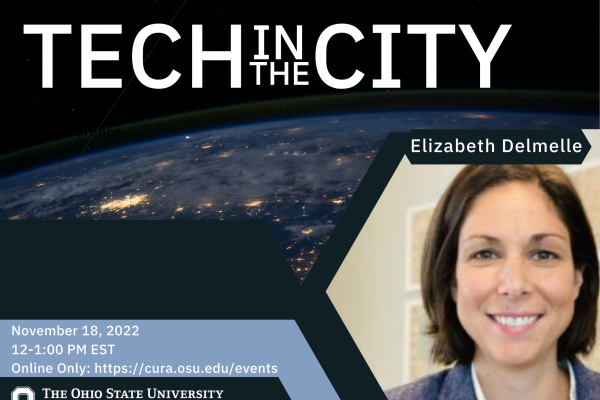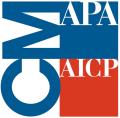
In this talk, Dr. Delmelle will give three examples of how text and natural language processing methods can serve to complement traditional forms of quantitative spatial data and provide insight onto urban processes. All three examples use the public remarks that accompany real estate property listings, or the text descriptions of the properties. The first combines more traditional, quality of life data collected by the city of Charlotte, North Carolina with real estate text to explore neighborhood and housing characteristics of places that attract a relatively larger share of recent in-movers from outside of the MSA as compared to local movers. The second explores language associated with transportation amenities extracted from the advertisements, over time, in tandem with changes in the racial and income profile of mortgage applicants to a neighborhood. This highlights how terms associated with more sprawling forms of development (car, cul-de-sac) have been increasingly associated with more minority homebuyers while 'smart growth' associated terms (transit, walkability) have coincided with a dramatic uptick in whiter and wealthier applicants. Finally, the third example uses the text to classify listings on a continuum of housing investment and disinvestment to study housing dynamics at a small spatial and temporal resolution.
Elizabeth Delmelle is an Associate Professor in the Department of City and Regional Planning at the University of Pennsylvania where she also serves as the Director of the Master of Urban Spatial Analytics program. Her research addresses issue related to neighborhood dynamics, urban transportation, residential choice decisions, and spatial inequalities using spatial analytical methods. She earned her PhD in Geography and Urban Regional Analysis from the University of North Carolina at Charlotte and spent 10 years on the faculty there before moving to Penn this year.
Tech in the City Fall 2022 Series: Technology has profoundly impacted cities: they are more dynamic and active than ever before. Can we use these new technologies and data to rise to the challenge of an urban planet? This fall, CURA will invite, planners, storytellers, and urban scholars to share how they see technologies changing cities, and they use these technologies to guide cities to better outcomes. We will be focusing on how people move, plan, and engage in the new urban technology age.
This event is approved for 1 AICP CM credit. To claim your CM credits, log into your My APA account on the APA website and enter the event into your online CM event log.

